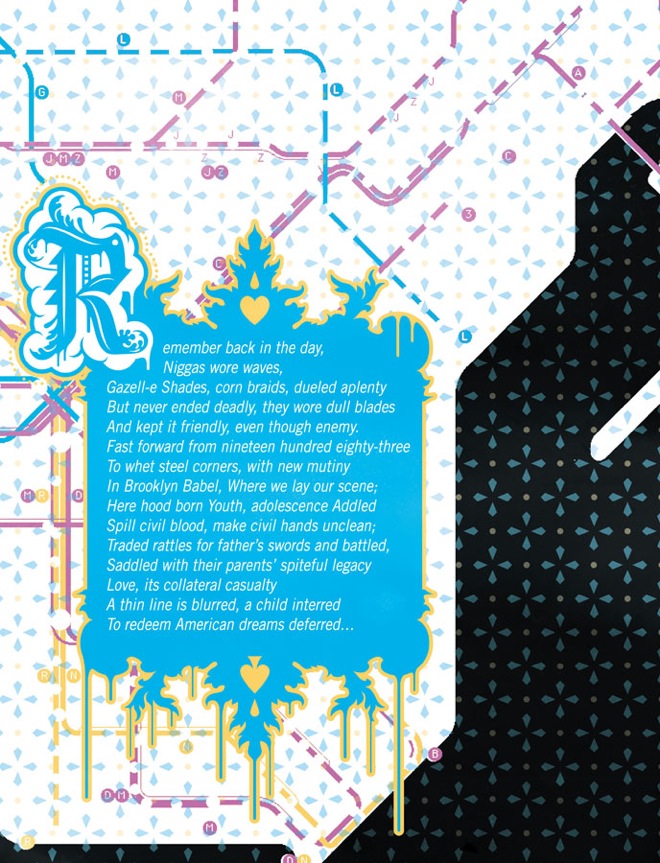[Thanks to reader Angela for the link!]
When each of my children was born, people would ask me whether I was going to name them something from Shakespeare. I did, in my own way. Katherine, my oldest, knows well the story of her shrew-ish namesake (and her little sister loves the story about the beautiful younger daughter who all the boys want, who can’t get married until the mean older sister finds a boy who likes her). She gets double points because her middle name, Delia, reminds me of Cordelia, the best of daughters.
My second child, Elizabeth, is not so much a Shakespeare name as a Shakespearean one – and I’ve even had conversations with her about that. Her middle name, Anne, also happens to be the name of Shakespeare’s wife. So there ya go.
The boy was tricky. It was easy to pick “classic” girls’ names that have been around long enough that they meant something to Shakespeare. But for boys we get a whole lot of Italian / Spanish sounding -o names (Banquo, Romeo, Petruchio etc…) while the more English sounding names (Richard, Henry, Edgar, Edmund…) just didn’t do anything for us. So the boy didn’t get a Shakespeare name. He’s Brendan. One day Brendan Fraser will do some Shakespeare and then we’ll have a connection.
But! I’m deep into the story and haven’t served up the link to Shakespeare Baby Names that Angela sent me. It’s funny that the author clearly tries to suggest that only realistic names were included (so no Iago), but then Cymbeline is in the list. Really?
Lots of minor characters listed, obviously because they had a modern connection already (like Celia, Audrey, Marina, etc…) but does that mean I could have called my son Christopher and argued that he was named after Christopher Sly from the induction of Shrew?
I still don’t see many names on the boys’ list that would have made it in my house. Caliban? Horatio? Interestingly the list includes Richard, but no Henry. What’s wrong with Henry? My son is in class with a Henry right now.

